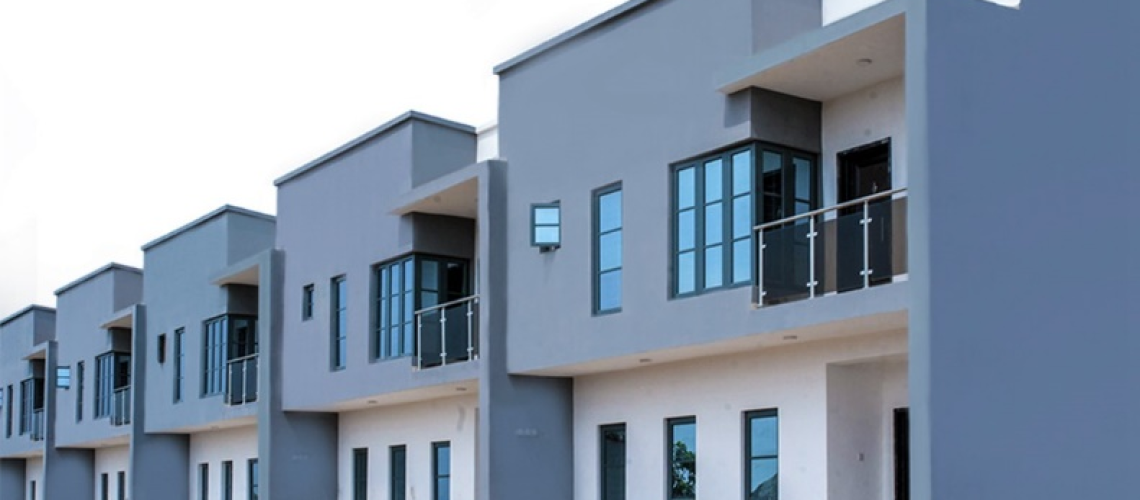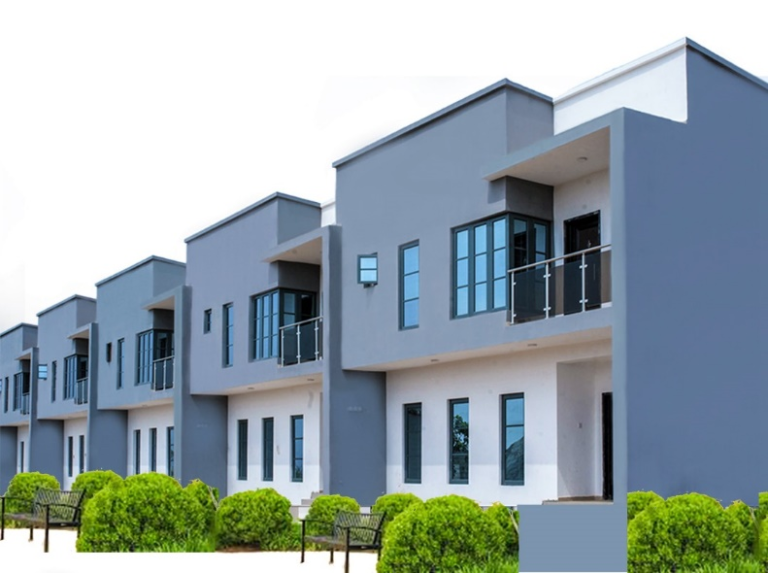Finding the perfect home is a significant milestone for anyone, whether you are a first-time buyer or looking to upgrade your living space. In Nigeria, where the real estate market is vibrant yet complex, home hunting can be both exciting and overwhelming. The diverse property types, varying legal requirements, and fluctuating market conditions make it essential to approach this process with careful planning. This blog post will guide you through the key factors to consider when home hunting in Nigeria, ensuring that you make an informed decision that suits your needs and budget.
1. Location, Location, Location
One of the most critical factors to consider when home hunting in Nigeria is the location. As a matter of fact, the location of your new home will influence your lifestyle, daily commute, and overall convenience. Below are a few things you should consider when choosing a location for your new home:
Proximity to Work and Amenities: You should consider how close the property is to your workplace, schools, hospitals, shopping centers, and recreational facilities. Living near essential amenities can significantly enhance your quality of life.
Security: In Nigeria, security is a top priority which must never be overlooked. Research the crime rates in the area and check if there is a presence of security services, such as neighborhood watch groups or gated communities with 24/7 security.
Infrastructure: Infrastructures are things that make living in a particular location convenient; Assess the quality of roads, availability of water, electricity, and internet services in the area. Poor infrastructure can lead to long-term inconvenience.
Future Development Plans: Investigate any future development plans in the area that could either enhance or diminish the value of the property. You would not want to buy a property in a place that has been marked for demolition.
2. Budget and Affordability
Understanding your budget and sticking to it is crucial when home hunting. Real estate in Nigeria can be expensive, especially in major cities like Lagos and Abuja and so, it is important you consider the following:
Property Prices: Research current property prices in your desired location to ensure they align with your budget. Prices can vary widely depending on the neighborhood.
Additional Costs: Factor in additional costs such as agency fees, legal fees, stamp duties, and other charges that may arise during the transaction process as this has a way of adding into your total cost of property.
Financing Options: If you are considering a mortgage, explore different financing options available in Nigeria. Compare interest rates, repayment plans, and eligibility criteria to find the best option for you.
3.Legal Considerations
If you want to legally own a property forever you must navigating the legal landscape of real estate in Nigeria which can be complex. Ensuring that all legal requirements are met is essential to avoid future disputes or losses.
Title Verification: Ensure that the property has a valid and verifiable title. Conduct a thorough search at the land registry to confirm the ownership status and check for any encumbrances.
Survey Plan: Verify the survey plan to ensure that the property boundaries are accurately defined and that there are no disputes over land ownership.
Building Approvals and Permits: Check if the property has the necessary building approvals and permits from relevant authorities. This is especially important for newly constructed homes.
Engage a Qualified Lawyer: Always engage a qualified real estate lawyer to guide you through the legal aspects of the transaction; Most times Lawres are able to see beyond the normal eyes. They can help review contracts, verify documents, and ensure that your interests are protected.
4. Property Inspection
This is a very important part of Property buying. Before making any commitments, it’s essential to conduct a thorough inspection of the property. At 3gprojects, we take our clients through the inspection phase because we understand that it is necessary for them to be able to make better decisions. This will help you identify any potential issues that could affect your decision.
Structural Integrity: Check the structural integrity of the building. Look for signs of damage, such as cracks in the walls, dampness, or faulty wiring.
Quality of Finishes: Inspect the quality of finishes, including tiles, paintwork, fittings, and fixtures. Poor workmanship can lead to costly repairs down the line which you would not want to happen.
Functionality of Utilities: Ensure that all utilities, such as water, electricity, and plumbing, are in good working condition as these are part of the basic necessities of every home. Verify that the property has a reliable source of water and electricity.
Environmental Concerns: Consider the environmental factors, such as the property’s susceptibility to flooding, its drainage system, and overall cleanliness of the surroundings.
5. Community and Lifestyle
The community and lifestyle in your chosen location can significantly impact your living experience.
Neighbors: Take time to interact with potential neighbors to gauge the sense of community in the area. A friendly and cooperative neighborhood can enhance your living experience.
Noise Levels: Consider the noise levels in the area, especially if you are sensitive to noise. Properties near busy roads, markets, or construction sites may have higher noise levels.
Cultural Fit: Ensure that the neighborhood aligns with your cultural and lifestyle preferences. Some areas may have a specific cultural or religious orientation that could affect your comfort.
6. Resale and Rental Value
Even if you plan to live in the property long-term, it’s essential to consider its resale and rental value. A property with good resale value can serve as a profitable investment in the future.
Market Trends: Research market trends in the area to understand the potential for property value appreciation.
Rental Demand: If you plan to rent out the property, consider the rental demand in the area. Properties in high-demand areas tend to generate better rental income.
In Conclusion
Home hunting in Nigeria requires careful consideration of various factors, from location and budget to legal requirements and community lifestyle. By paying attention to these key aspects, you can make an informed decision that will lead to a satisfying and secure investment.
At 3gprojects, we can help you achieve your Property Dreams and take away all the rigors of finding a home.
Remember, the goal is not just to find a house but to find a home that meets your needs, aligns with your lifestyle, and offers long-term value. Happy house hunting!






